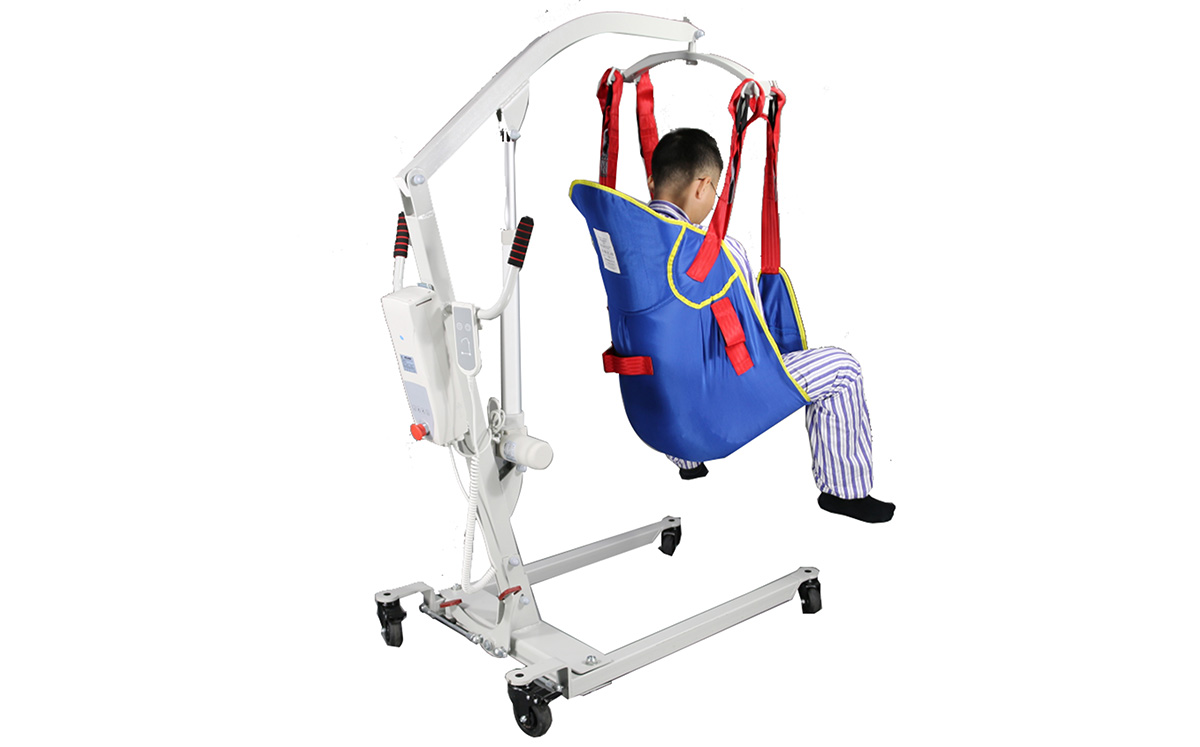Welcome to our websites!
amputee wheelchair
Navigating Life with an Amputee Wheelchair Empowerment and Adaptation
Life can take unexpected turns, and for some individuals, losing a limb due to injury, illness, or congenital conditions leads to the need for adaptive solutions. Among those solutions, specialized wheelchairs for amputees offer a blend of mobility, independence, and comfort. These advanced mobility devices are designed not just to assist, but to empower users, allowing them to navigate the world they inhabit with confidence and ease.
Understanding Amputation and Its Implications
Amputation can dramatically alter an individual’s life. The emotional and physical toll can be profound, as one grapples with the loss of a body part that plays a crucial role in mobility and daily activities. Whether the amputation is below the knee, above the knee, or above the elbow, it significantly impacts balance, coordination, and physical capabilities.
When it comes to mobility aids, traditional wheelchairs may not meet the unique needs of amputees. Individuals with lower limb amputations, for instance, may require a wheelchair tailored to their physical condition, ensuring both comfort and functionality. The right wheelchair can enable these individuals to regain their independence, participate in social activities, and pursue their passions without feeling constrained by their disabilities.
Features of Amputee Wheelchairs
Amputee wheelchairs come equipped with various features designed specifically for those with limb loss. One key aspect is the seat height and design. Many amputees may need a wheelchair that allows for a lower seat height so they can comfortably position themselves in and out of the chair, especially if they are using prosthetic limbs.
A vital consideration in the design of an amputee wheelchair is stability. Amputees may have different weight distributions and require wheelchairs that offer greater balance to avoid tipping. This is particularly important for those who transition between using their prosthetics and their wheelchair, as sudden shifts in weight can lead to uncomfortable or even dangerous situations.
Customization is another significant benefit. Wheelchairs can be tailored to meet individual needs, accommodating varying heights, weights, and specific mobility requirements. Comfortable seating interfaces, armrests, and footrests are designed with adjustable features to ensure that the wheelchair fits the user perfectly, providing the necessary support for their unique situation.
amputee wheelchair

Enhanced Mobility and Functionality
In addition to basic functionality, modern amputee wheelchairs may include advanced technology that enhances mobility. For instance, some wheelchairs come with options for power assistance, allowing users to navigate hilly or uneven terrains more easily. These powered systems can make a considerable difference in the user experience, particularly for those who fatigue easily or have upper body limitations.
Moreover, recent advancements in materials have resulted in lightweight, durable wheelchairs. These innovations make it easier for users to transport their wheelchairs, whether they are getting in and out of a car or transporting it on public transport. The emphasis on portability has transformed how amputees engage with their environment, allowing for spontaneity and greater community interaction.
The Psychological Impact
Beyond the physical advantages, the psychological impact of using an amputee wheelchair cannot be understated. A customized wheelchair promotes a sense of identity and ownership, which is vital for mental well-being after an amputation. The freedom to move, participate, and be active significantly contributes to improved self-esteem and an overall positive outlook on life.
Furthermore, the visibility of adaptive equipment has been instrumental in changing public perception about disabilities. When individuals see amputees using high-quality, customized wheelchairs, it helps break down stereotypes and promote inclusivity. Advocacy and awareness campaigns have paved the way for a society that recognizes and celebrates differences, resulting in a supportive environment for individuals with disabilities.
Conclusion
In conclusion, amputee wheelchairs are not merely mobility aids; they are instruments of empowerment and independence. By understanding the unique challenges faced by amputees and providing tailored solutions, we can foster an inclusive society where everyone, regardless of physical limitations, can thrive. The journey of adaption post-amputation may be challenging, but with the right tools and support, individuals can reclaim their lives and inspire those around them. Empowerment through mobility is not just about moving forward; it’s about embracing life with resilience and courage.
-
Transforming Healthcare with Hospital FurnitureNewsJun.24,2025
-
Rehabilitation EquipmentNewsJun.24,2025
-
Mobility and Independence with WheelchairsNewsJun.24,2025
-
Freedom of Mobility with Our Rollator WalkersNewsJun.24,2025
-
Comfort and Independence with Commode ChairsNewsJun.24,2025
-
Bathing Safety and Independence with Shower ChairsNewsJun.24,2025
-
Navigating the Wholesale Landscape of Electric Mobility Solutions: Key Considerations for Power Wheelchair DealersNewsJun.10,2025











